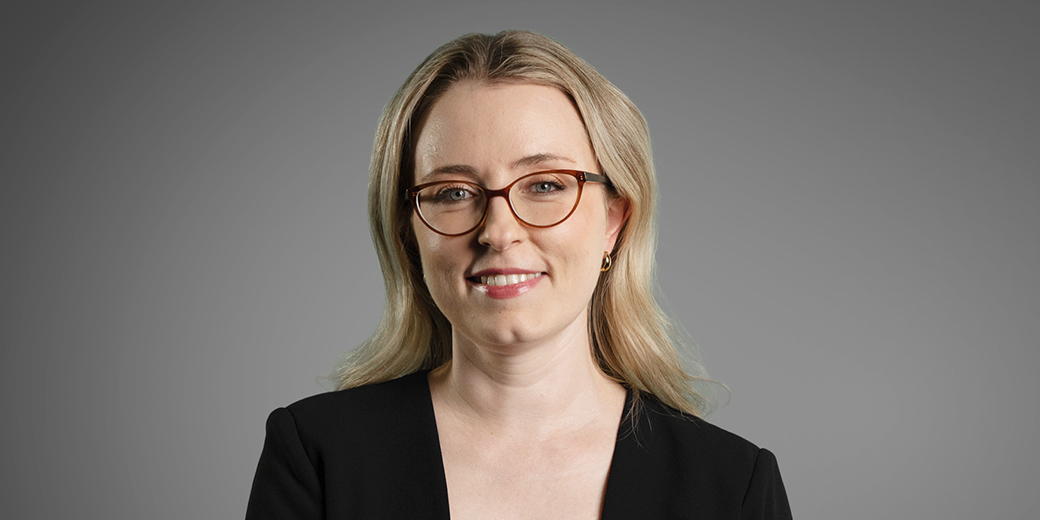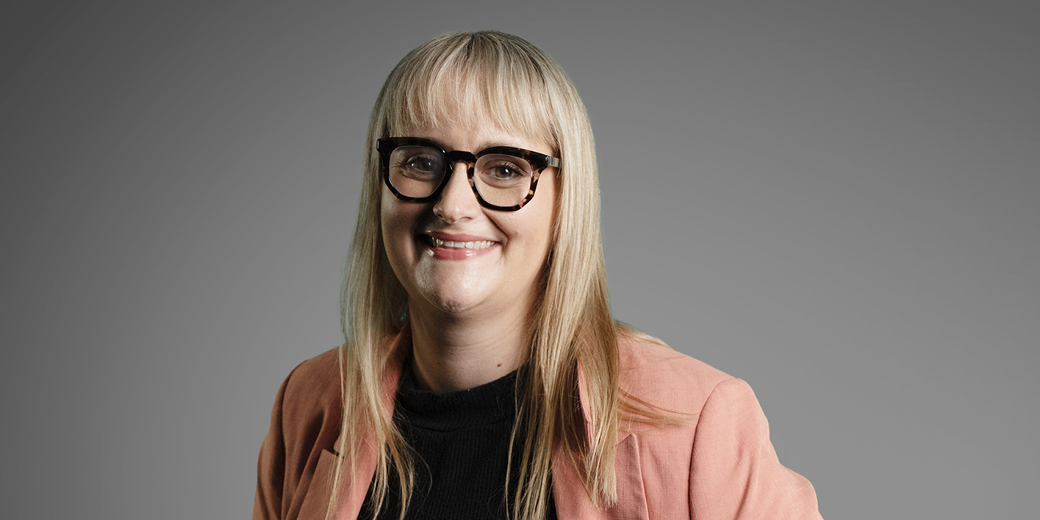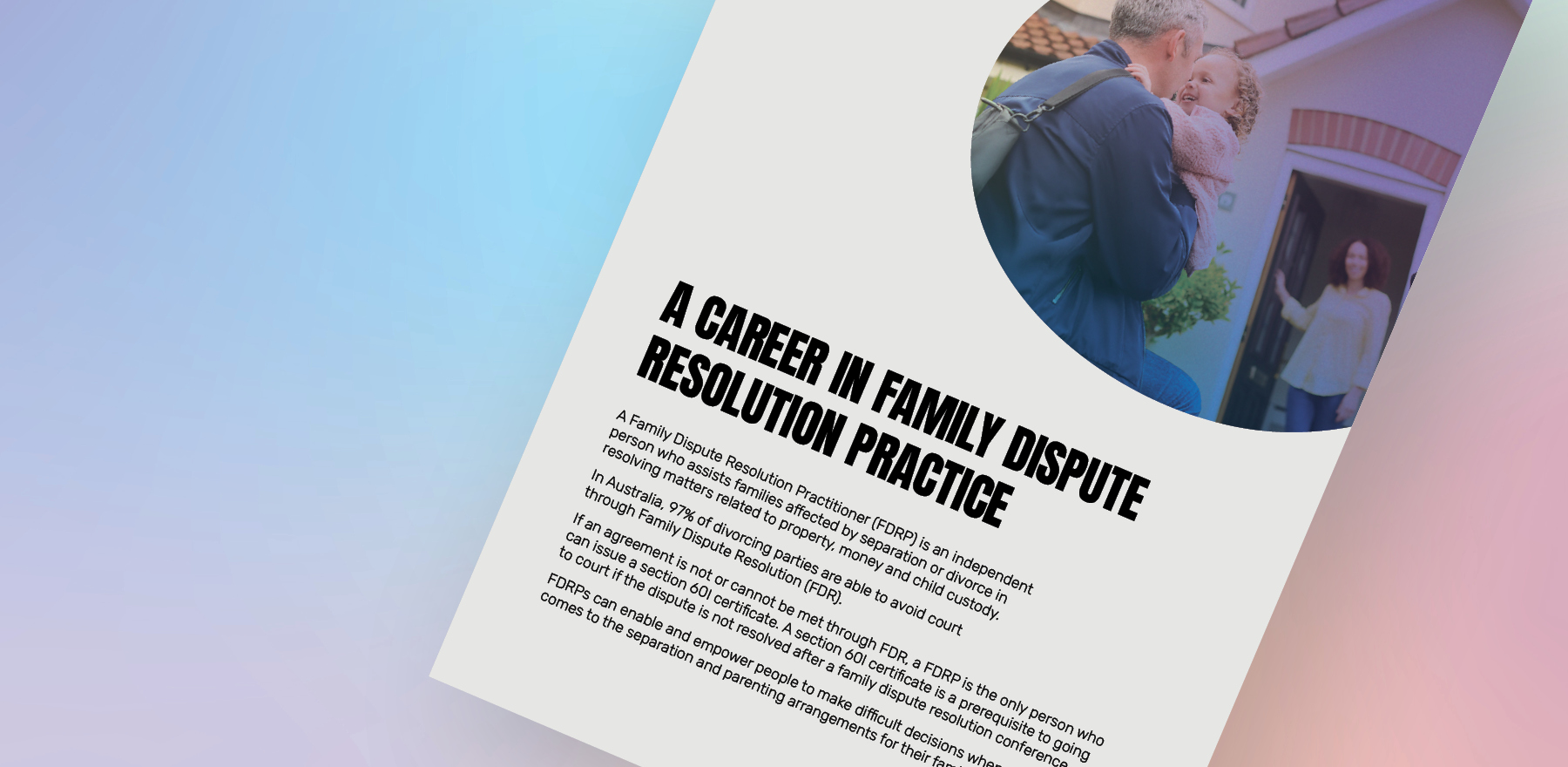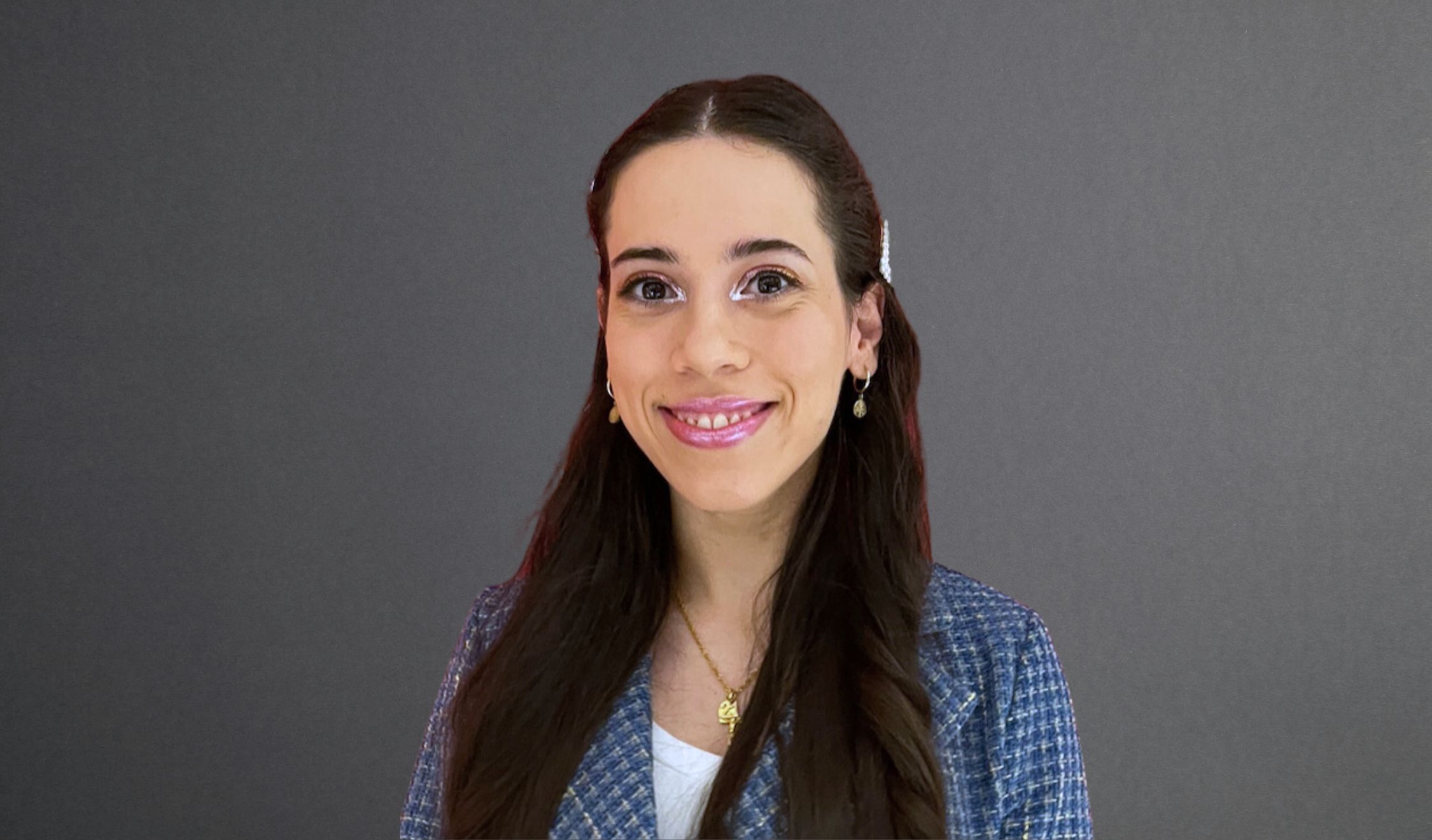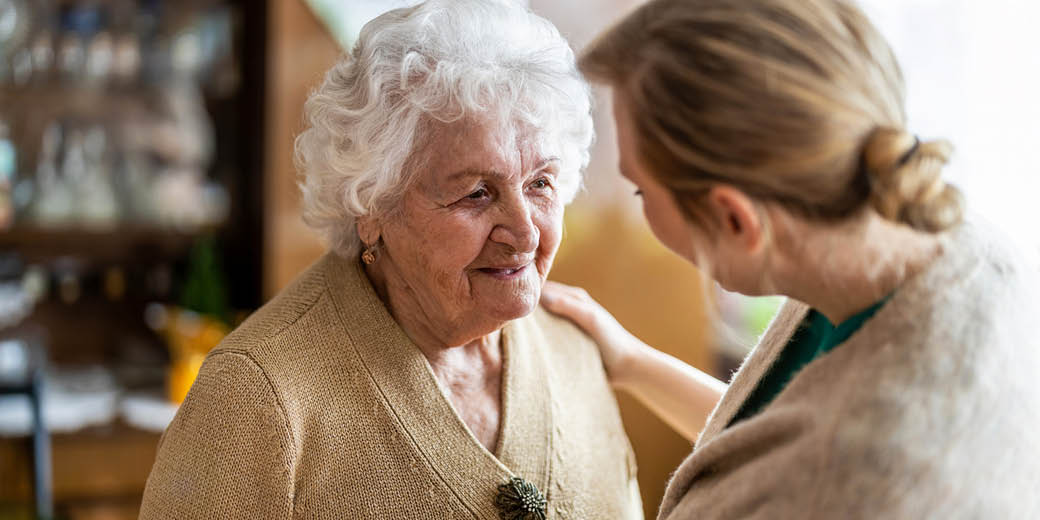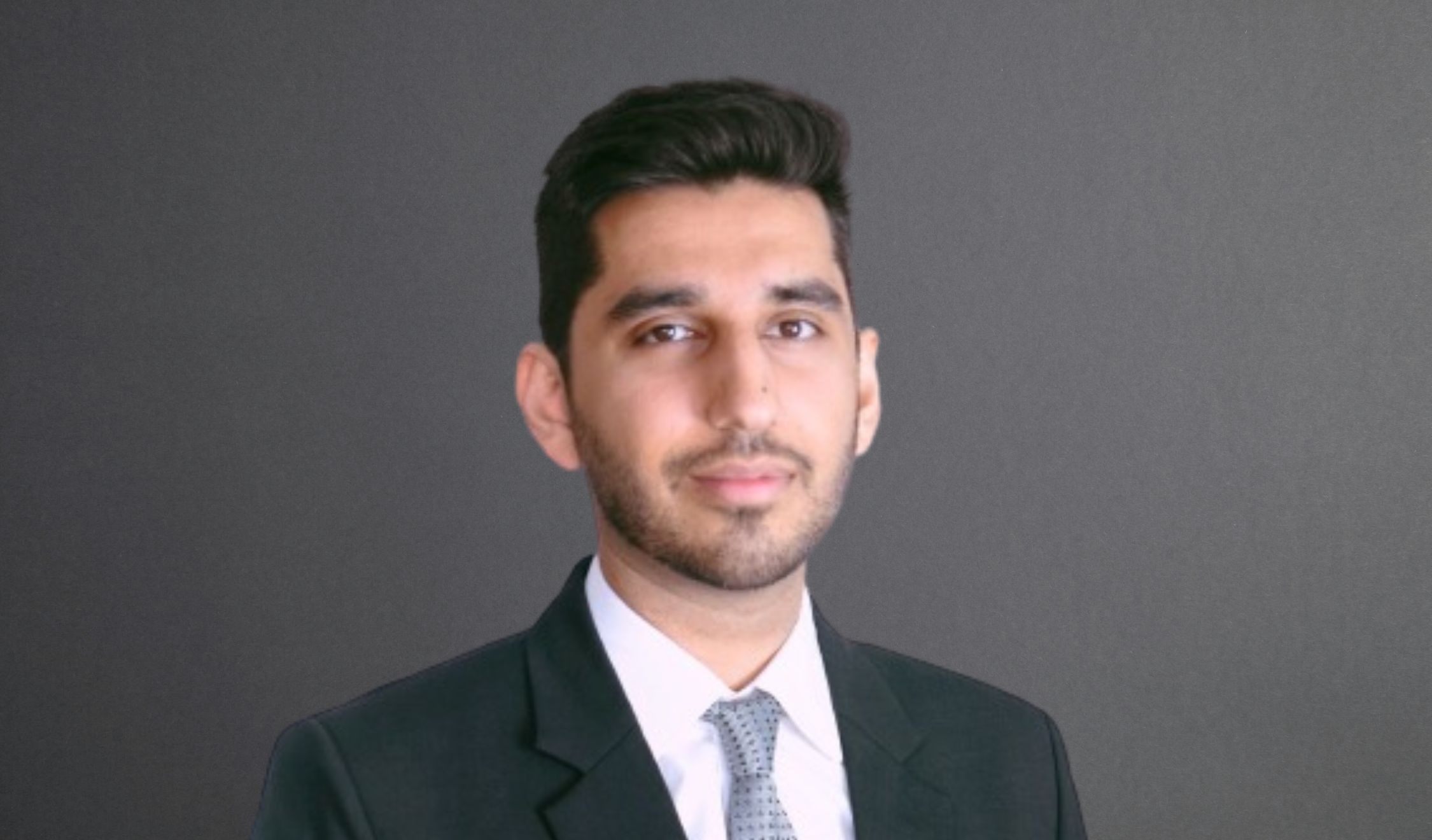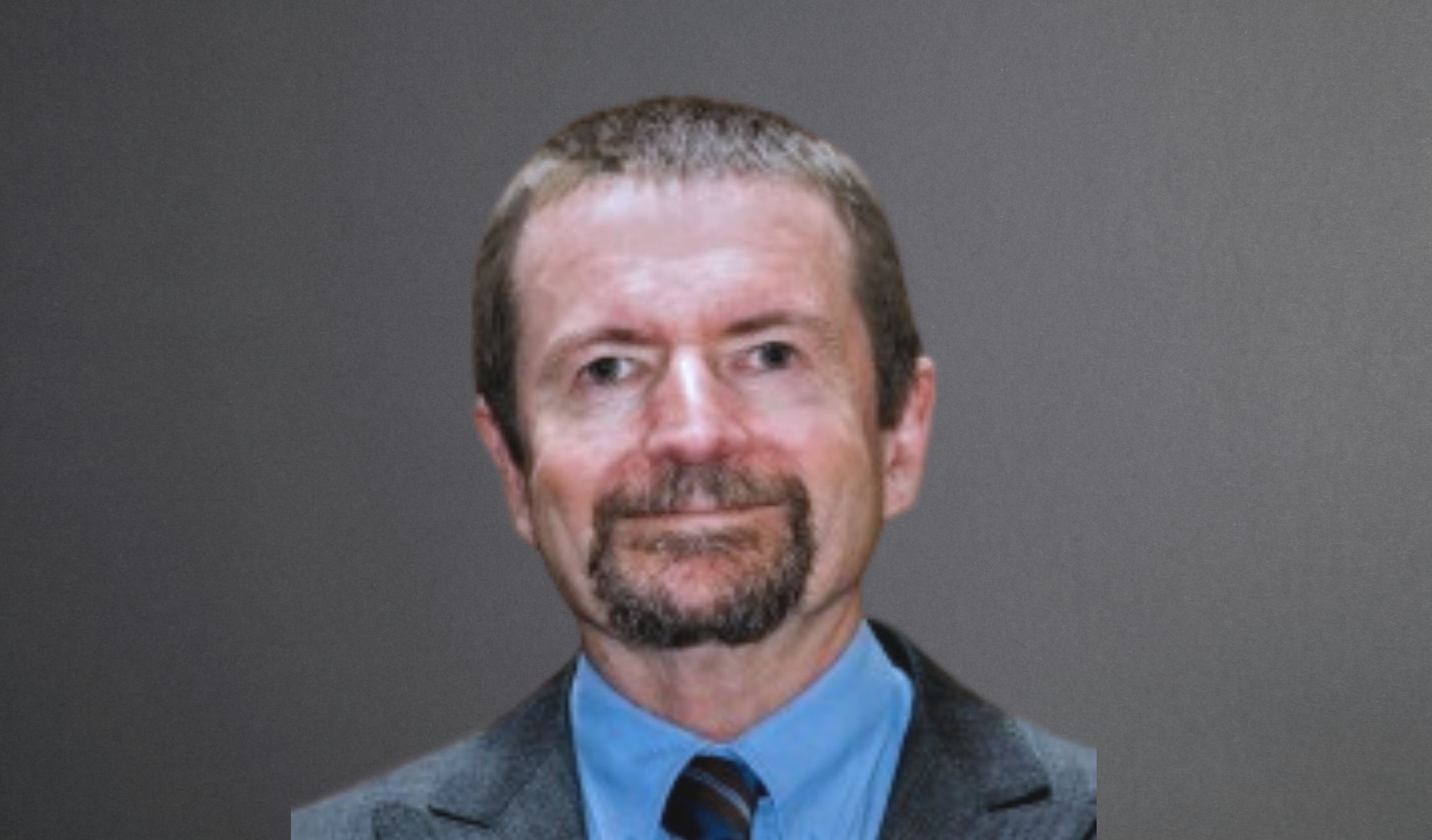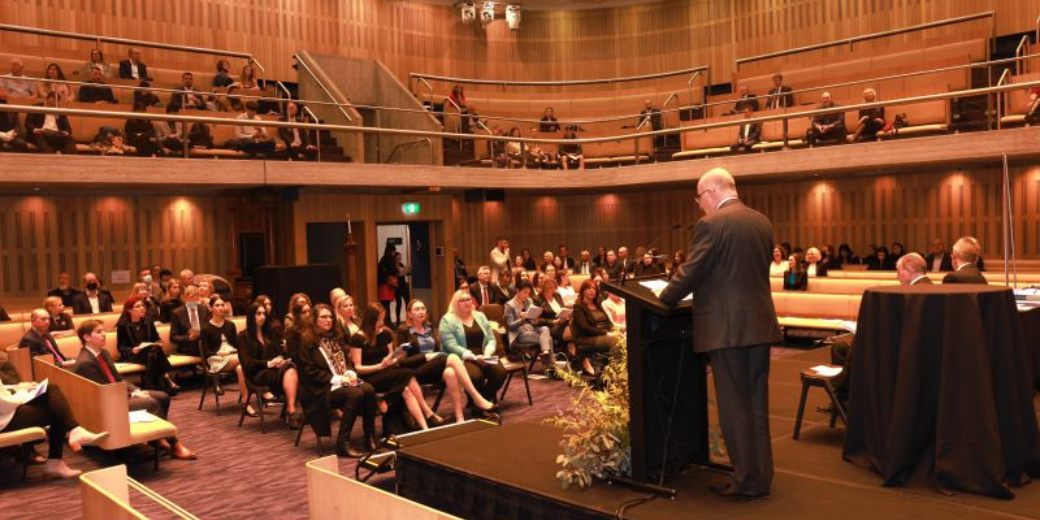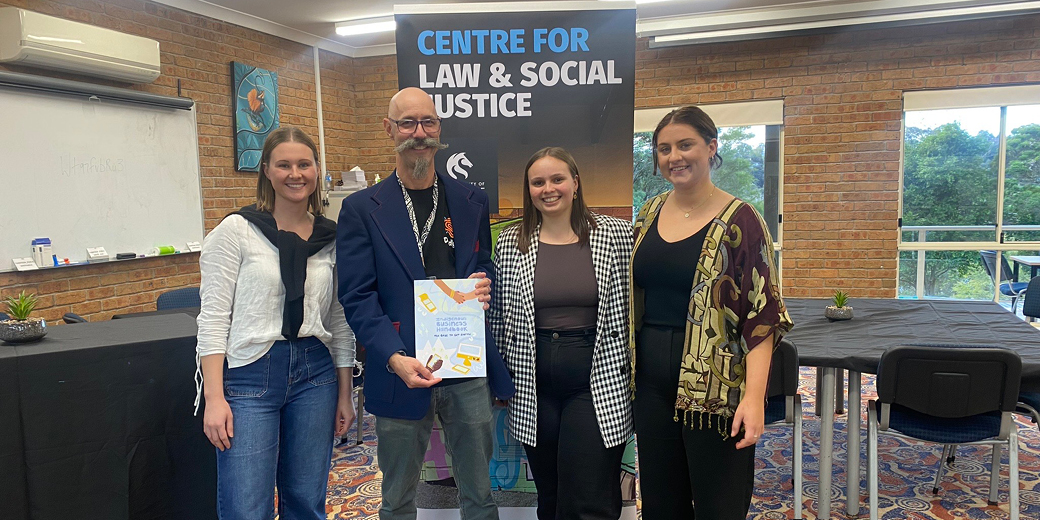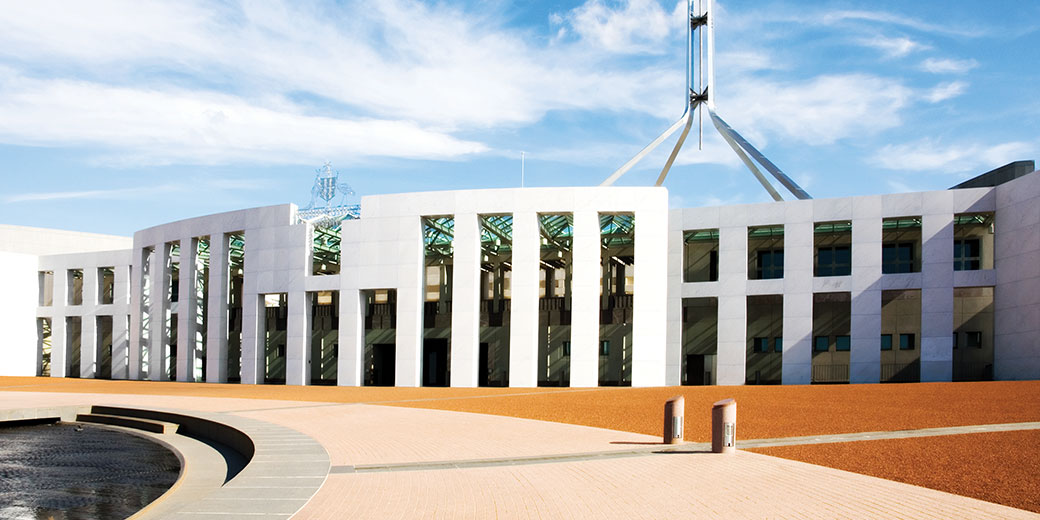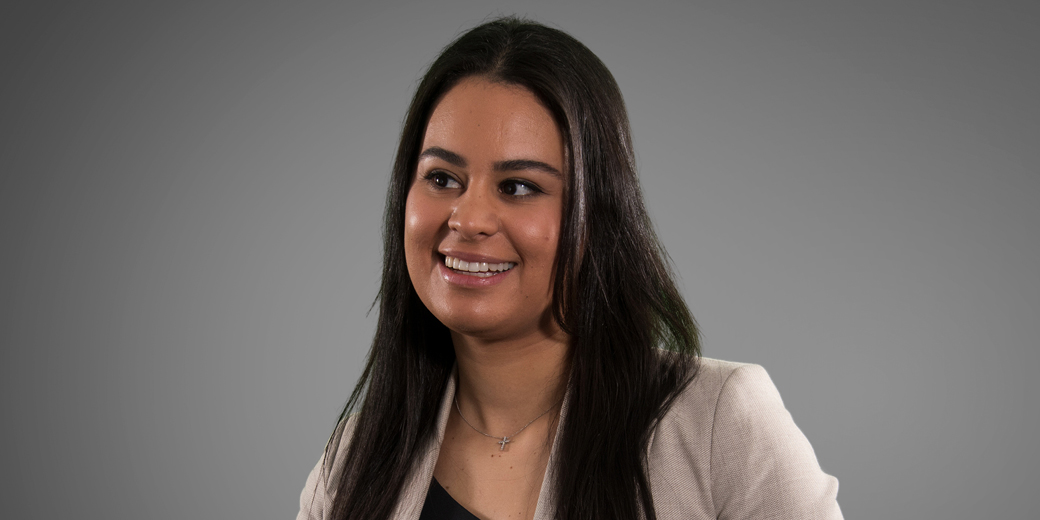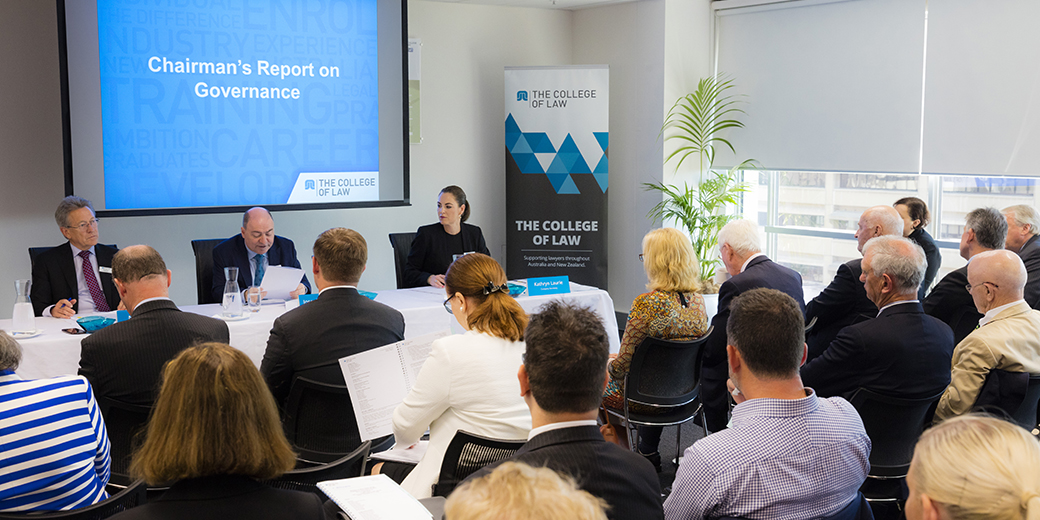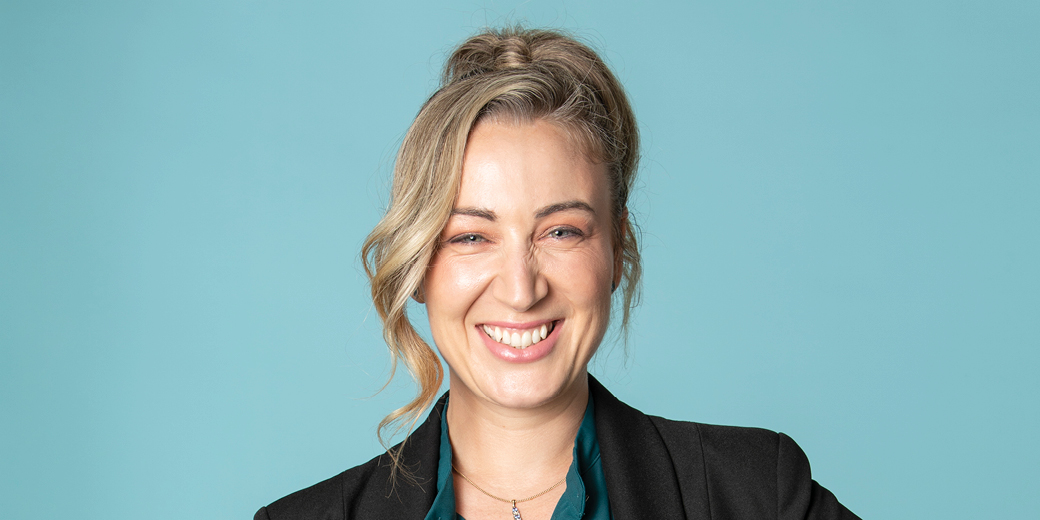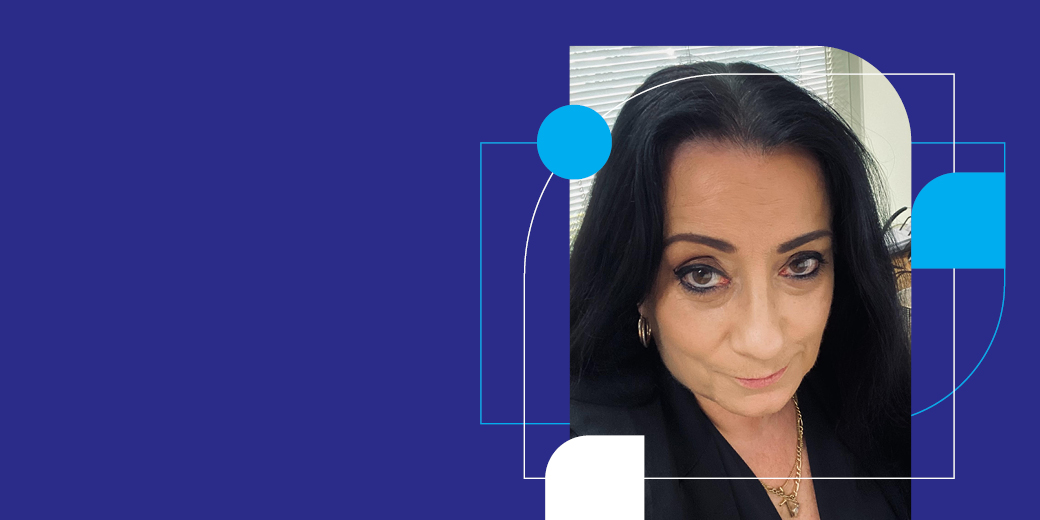Josephine Byrnes-Luna is a registered professional counsellor, a nationally accredited mediator, and now, family dispute resolution practitioner, but she is not a lawyer. The very fact Josephine is not a lawyer might be what makes her so well-placed to embrace collaborative law - an approach diametrically opposed to the adversarial courtroom power plays legal pop culture commonly depicts.
Insights spoke to Josephine, who was recently recognised with the Barry.Nilsson. Best Graduating Student Prize – Family Dispute Resolution Practice, about her career, practice and pathway to FDRP, and advice she might have for those interested in family dispute resolution practice.
Giving children more of a voice during family mediation
Josephine admits she feels “quite overwhelmed” at receiving the Best Graduating Student Prize.
“I have a huge smile on my face,” she said. “And a feeling of pride and joy.”
Josephine has been a nationally accredited mediator for over five years, which she found contributed naturally to her counselling practice, Achieving Solutions Counselling & Mediation. Established in 2007, she now has offices in South Western Sydney, Camden and Sydney CBD, growing organically over the course of fourteen years.
“Throughout my journey, my practice has expanded in a number of areas. Most recently, I’ve seen my practice grow in work involving children and parenting, parenting plans, collaborative practice in the family law jurisdiction, family therapy, and working with family breakdown on a number of levels.”
“My practice began with childhood development and parenting, and progressed into working with parents and families, and family breakdown,” explained Josephine. “What was clear to me was the diminishing importance of children and their need to sustain the parent-child relationship, where it was possible. Studies also indicated the importance of the relationship between a child and their parent(s), both in terms of the family dynamic, and independently.”
As a Graduate Diploma student of The College of Law’s Family Dispute Resolution Practitioner (FDRP) program, Josephine found the course reflected an emphasis on the voice of children in the mediation process.
“Particularly clear was how crucial the voice of a child can often be to the FDR process,” observed Josephine. “I truly believe, and have had much success, in considering the voice of children throughout the FDR process, especially when a parenting program is being developed.”
Providing families with a pathway to peace
She very much enjoys her work, particularly her work with families.
“You gain great satisfaction from assisting a family through their issues, guiding them to a pathway of more peace, positivity, and achieving a fundamental understanding of each individual family dynamic,” said Josephine.
This is, however, rarely a smooth process.
“You have to help families understand how aspects of their behaviour may be impacting other members of the family dynamic, or the process,” said Josephine. “This can be a challenge.”
Working through these challenges, however, can be one of the most rewarding aspects of her work, both in therapeutic and mediation practice.
“You can gain great satisfaction from assisting people through challenging and difficult periods of their life and guiding their transition to one of peace and positivity,” said Josephine. “It is a wonderful experience to guide a client through traumatic periods in their life, and then witness them grow, with a smile on their face, which is an absolute indication of their growth inside and out. As a result, they are able to move on with their life, armed with tools, wisdom and knowledge.”
She finds her mediation and family dispute resolution work a process of constant learning, networking and learning from others - particularly lawyers.
“A key aspect of mediation work is acknowledging that our peers and colleagues play an important role in our learning and development, both personally and professionally,” said Josephine. “It has been a pleasure to have built up these important networks, and to be able to continue to work with other professionals where we complement, support and help each other.”
Not all cases need to be “bitterly litigated”
The upshot of her work: helping, where possible, families find a way forward that might not involve costly and emotionally fraught litigation.
“As an experienced mediator, I think I’m in a unique position to see the benefits of how various dispute resolution pathways can assist individuals and families find resolution and the tangible benefits of these approaches,” said Josephine. “It is becoming more apparent that not all cases have to end up in court or be bitterly litigated. There are so many more mutually beneficial and collaborative processes that can and will benefit the client - financially, emotionally, and in resolving their disputes in a more timely manner. The College of Law’s program provides you with a deeper understanding of some of these processes and their holistic approach to dispute resolution, delivered in a practice-oriented mindset, can be easily incorporated into your practice.”
“What struck me most about my experience with the College of Law was the collegiality of other like-minded professionals, and from this how much more you are able to learn and understand,” said Josephine. “Each of us brings something from our own experience, knowledge and wisdom about family law, mediation and dispute resolution, so we are always able to share and learn.”
Through her studies, she has gained a supportive and helpful network of like-minded professionals.
“ It is so important to nurture our network within Family Dispute Resolution, family law, and associated fields,” observed Josephine. “There is so much to learn, and we all need one another. Every day, we are each faced with unique situations, and it is through our experiences, sharing and ongoing support that we can continue to find resolutions.”
Uniquely placed to provide a holistic approach
Josephine feels her family dispute resolution studies have ideally complemented and informed her mediation and counselling practice.
“After completing collaborative law in the family law jurisdiction and then becoming a nationally accredited mediator, I began to work more in the family law space, particularly with parenting plans and parenting arrangements. This combination of experience is now enabling a very balanced and holistic approach.”
She found the practical components of her FDR studies vital to the success of FDR’s approach.
“Here, I was able to put much of the theory I had learned, my experience in the field, and therapeutic processes into actual practice,” said Josephine.
“My studies with the College of Law also provided me further insight into where family law is now looking to give some children a voice, particularly with regard to parenting plans,” said Josephine.
“With this, I am now able to offer family dispute resolution as part of my evolving practice and as a complete independent FDR practitioner within the legal industry.”
“With my years of therapeutic experience, collaborative practice training in the family law jurisdiction and now my studies with the College of Law, I am in a perhaps unique position to offer a holistic approach to FDR. I am able to bring so many aspects of the process of what I see as necessary for successful dispute resolution.”
Are you interested in exploring Family Dispute Resolution? Learn more.
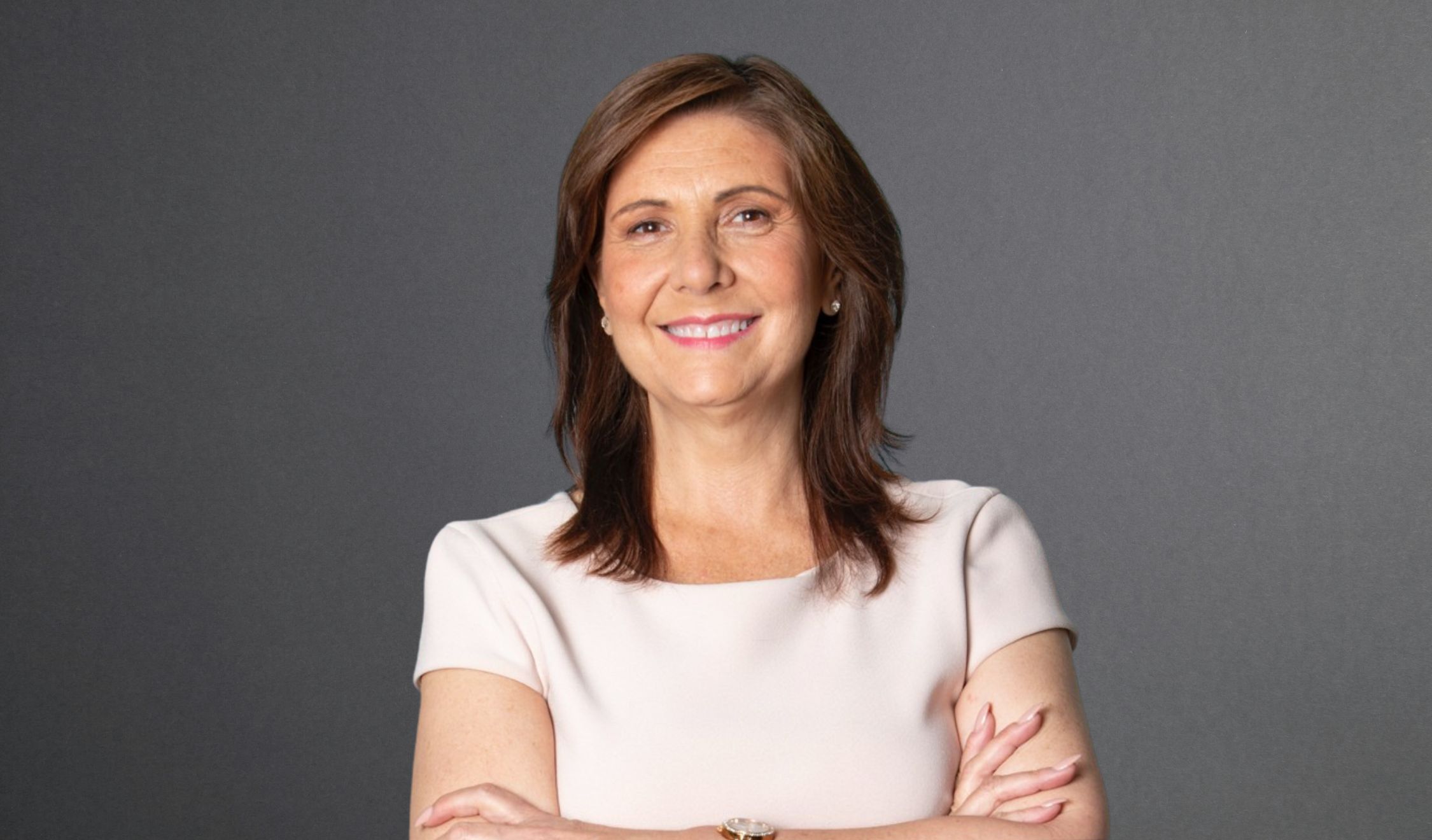








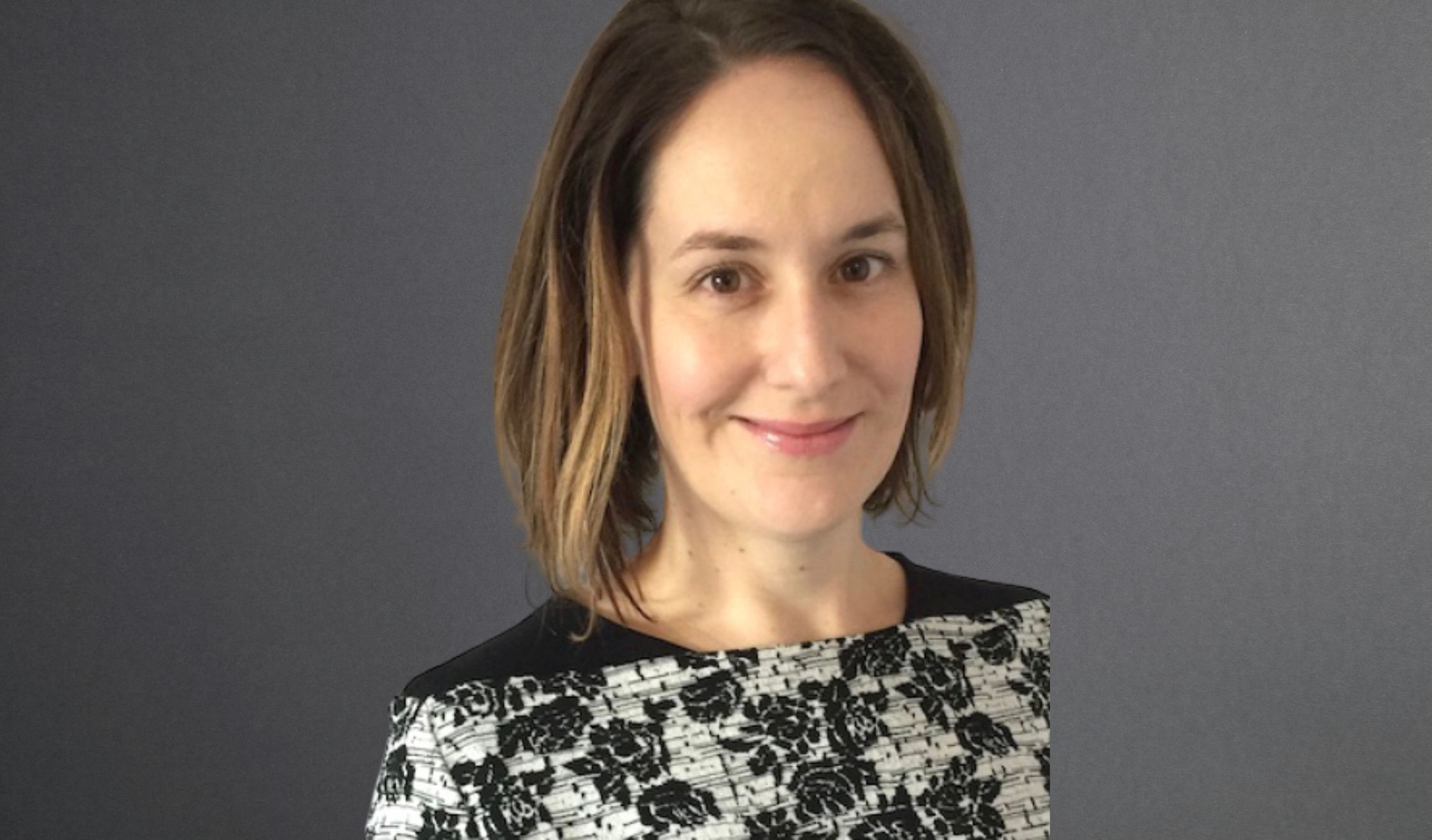















![How to handle Direct Speech after Gan v Xie [2023] NSWCA 163](https://images4.cmp.optimizely.com/assets/Lawyer+Up+direct+speech+in+drafting+NSW+legislation+OCT232.jpg/Zz1hNDU4YzQyMjQzNzkxMWVmYjFlNGY2ODk3ZWMxNzE0Mw==)













